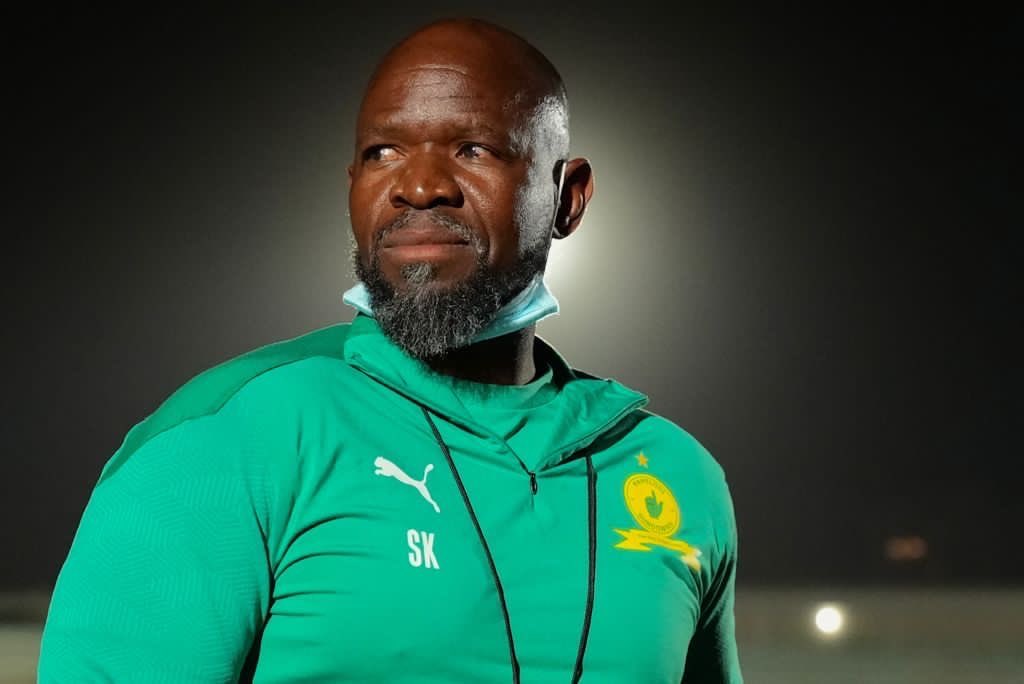Managing football clubs is more than just the typical strategy most managers bring to a team. Multiple aspects collectively affect how teams perform. Some technicalities, such as sponsorship concerns, player welfare, technical factors, and team selection, can significantly affect match outcomes. This information is crucial for gamers, especially those interested in how they will bet on the premier league upcoming matches on Sportsbet. Steve Komphela was an outstanding player in his prime days with notable awards, such as being voted the NSL Players’ Player of the Year in 1992 and leading his team to a heroic 4-1 win in his NSL debut match in 1986. He later played overseas for the latter years of his football career and retired in 1997. His promising talent earned him the title ‘Golden Boy of Kroonstad.’
Steve Komphela took some time off football but later began his coaching career in 2002 with Manning Rangers F.C. He later coached other clubs from 2002 to 2015, lasting only a season on each. He then got a big job coaching Kaizer Chiefs on a 3-year deal. However, this was an unpleasant time in his career, having made multiple losses and completing seasons without a trophy. After a controversial departure, he moved to Bloemfontein Celtic, Golden Arrows. He was appointed as the new Mamelodi Sundowns senior coach.
Mamelodi Sundowns has maintained its winning record since Steve Komphela joined the team, bagging two domestic league titles. Nonetheless, the shocking 3 – 0 defeat at the hands of Orlando Pirates in the MTN8 semi-finals second leg triggered a change in the coaching staff, which saw a breakthrough for Steve Komphela. Manqoba Mngqithi was promoted to the Senior Coach, Rulani Mokwena the Head Coach, and Steve Komphela took over the First Team Coach role.
Komphela got less credit compared to his role in the club. In a recent interview with Sundowns Magazine, he elaborated on his contributions to the technical team. He brings in his wealth of experience and outlines the attributes he introduces to the Sundowns bench. Among his significant point-outs in the interview was the negligence of emotional management of players, that’s vital in the tactical and technical side of coaching.
Komphela mentioned the need to manage the mental health of players properly. According to his sentiments, coaches aren’t psychologists. However, they need to close the gap to try and understand the players’ mental and emotional state. He also clarified that players are human beings and the pressure often put on coaches shouldn’t be transferred to these professionals.
Komphela commented that most players weren’t inducted to deal with the profession’s demand, which is a big challenge for coaches. He lamented that most players needed to be properly and directly introduced to professional sports. They were talents scouted from various regions, including small young clubs.
He explained that players needed to be more mentally prepared for the possibilities of challenges such as overtraining, competition within the squad, the need to deal with family issues professionally, injuries, performance pressure, traveling, and finances. He further pointed out that the profession is a timely career from roughly 20 – 30 years. At 30 years or luckily beyond, most of them might have to retire, and the process might be stressful, and some might not be able to handle it.
This is a significant role for the experienced coach, and his superior, Mokwena, only 35, would require his knowledge and coaching skills to help manage players appropriately for the club’s success.







